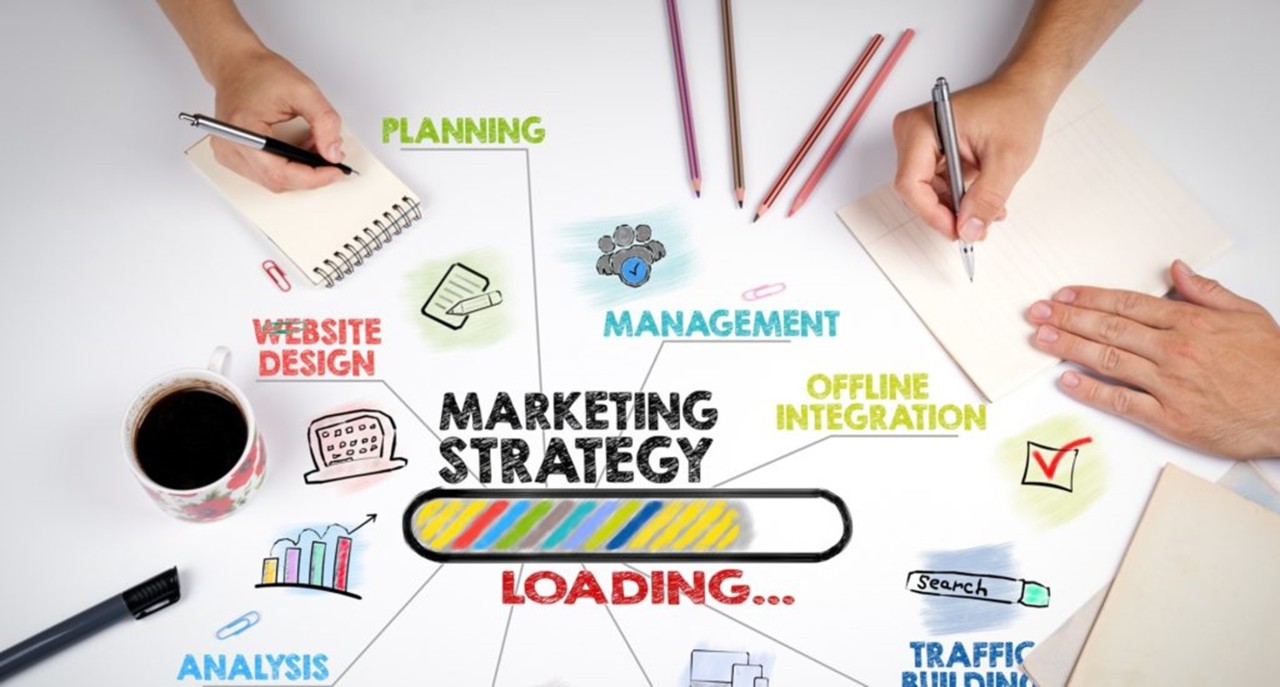What Are The Top 10 B2B Event Management Strategies?

B2B events are not merely gatherings; they are dynamic platforms where businesses connect, collaborate, and thrive. The success of such events lies in meticulous planning and execution.
Beyond choosing a format, selecting a B2B event company or selecting a venue, event organizers need a comprehensive strategy to ensure their B2B events stand out in a competitive landscape.
In this article, we delve into the top 10 B2B event management strategies that promise not just a successful event, but an unforgettable experience for all organizers.
10 Best Strategies for B2B Event Management
The search is over for the B2B event management strategies. Here are the top ten key factors to look for while executing or planning a B2B event. Also, the best thing is here, we’ve given two most important tips to work on with each factor. So without further ado, let’s explore:
1. Craft a Compelling Content Strategy
- Keynote Speakers: Secure industry leaders and influencers as keynote speakers for your B2B event. Their insights can draw a diverse audience and elevate the event’s credibility.
- Panel Discussions: Curate thought-provoking panel discussions on relevant industry topics. A diverse panel can provide multifaceted perspectives and engage the audience, resulting in the best experience you can deliver.
2. Leverage Technology for Networking
- Mobile Event Apps: Develop a user-friendly mobile event app to facilitate networking among attendees. Features like personalized schedules and matchmaking algorithms enhance participant experience.
- Virtual Components: Incorporate virtual elements, allowing remote attendees to join discussions and network. Virtual attendance broadens the event’s reach and promotes inclusivity. Also if you’re hosting any B2B event virtually, then consider a virtual event platform to assist you throughout the event.
3. Create Interactive Experiences
- Workshops and Breakout Sessions: Offer interactive workshops and breakout sessions to encourage hands-on learning and collaboration. Attendees value events that provide actionable insights and practical takeaways.
- Gamification: Integrate gamification elements to make the event more engaging. Games, quizzes, and challenges can foster friendly competition and increase attendee interaction.
4. Prioritize Sustainability
Green Initiatives: Implement sustainable practices throughout the event, such as digital QR code badges, eco-friendly materials, paperless event registration and waste reduction measures. A commitment to sustainability aligns with contemporary business values and enhances the event’s reputation.
5. Maximize Social Media Engagement
- Hashtag Campaigns: Create a unique event hashtag and encourage attendees to use it on social media. This not only builds a sense of community but also amplifies the event’s online presence.
- Live Streaming: Utilize live streaming on platforms like Instagram, Facebook or YouTube to reach a wider audience. Live coverage of key sessions and behind-the-scenes content adds a dynamic element.
6. Invest in Quality Branding and Design
- Consistent Visual Identity: Maintain a cohesive visual identity across all event materials, from promotional content to signage. A strong and consistent brand image contributes to the event’s professionalism.
- Immersive Environments: Design immersive event spaces that reflect the brand’s ethos. Thoughtful design elements enhance the overall experience for attendees and create lasting impressions.
7. Facilitate Meaningful Connections
- Matchmaking Services: Implement matchmaking tools that connect attendees based on their interests, industries, or goals. Helping participants make relevant connections adds significant value to the event.
- Host Networking Events: Organize dedicated networking sessions, receptions, or dinners. These informal settings provide a relaxed atmosphere for meaningful conversations and relationship-building.
8. Collect and Utilize Data Effectively
- Analytics Tools: Employ analytics tools to gather data on attendee behaviour, preferences, and engagement. This data can inform post-event strategies and contribute to the continuous improvement of future events.
- Feedback Loops: Encourage attendees to provide feedback through surveys or interactive sessions. Honest feedback is invaluable for identifying strengths and areas for improvement.
9. Offer Personalized Experiences
- Customized Agendas: Provide attendees with the option to personalize their agendas based on their interests and preferences. A tailored experience ensures that each participant finds value in the event.
- VIP Experiences: Create exclusive experiences for VIP attendees, such as private sessions, meet-and-greets with speakers, or access to premium amenities. VIP perks can incentivize higher-tier event registrations.
10. Emergency Preparedness and Contingency Planning
- Risk Assessment: Conduct a thorough risk assessment to identify potential challenges and develop contingency plans. Proactive planning minimizes the impact of unforeseen circumstances.
- Communication Protocols: Establish clear communication protocols to swiftly address any issues that may arise during the event. Transparent communication builds trust with attendees and stakeholders.
Conclusion
By the end of this article, we know that in a world of B2B events, success is not solely determined by the event’s scale or venue. The key lies in a holistic approach that integrates strategic planning, technology, engagement, and sustainability.
By adopting these top 10 B2B event management strategies, organizers can ensure their events not only meet but exceed the expectations of participants, leaving a lasting impact on the business landscape. In the realm of B2B events, it’s not just about managing an event; it’s about orchestrating an experience that fosters connections and propels industries forward.






